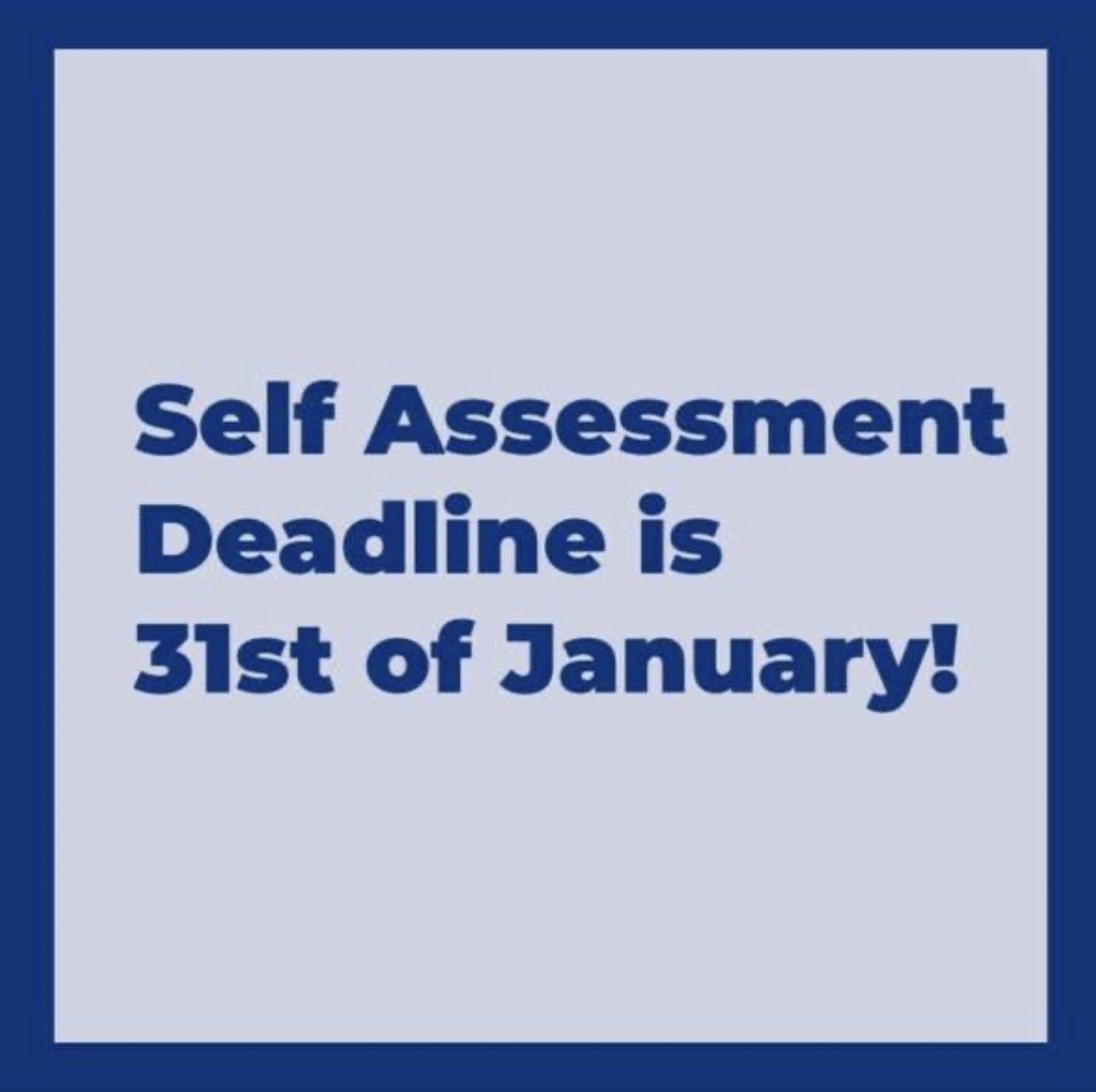A self-assessment statement can seem discouraging, but if you are prepared, organised and understand what is being asked from you, it will be much easier than it may seem. In this article, you will learn when you need to fill one in and what sections you’ll need to fill out.
Do I have to file a self-assessment tax return?
Yes, if:
- your self-employed income exceeds £ 1000;
- your rental income was more than £ 2,500 (you must contact HMRC if it is between £ 1,000 and £ 2,500);
- you have earned more than £ 2,500 in untaxed income, such as tips or commissions;
- your savings or investment income was £ 10,000 or more before tax;
- you must pay capital gains tax on profits from the sale of things such as stock or a second home;
- you are a director of a company (other than a non-profit organisation such as a charity);
- your or your partner's income is more than £ 50,000 and you are claiming child benefit;
- you have income from abroad on which you have to pay tax, or you live abroad but have income in the UK;
- your taxable income is more than £ 100,000;
- if you earn more than £ 50,001 in 2020/21 and are making retirement contributions, you may have to complete an assessment to claim back the extra tax relief you’re owed;
- you are a trustee of a trust or registered pension plan;
- your State Pension was higher than your personal allowance and was your only source of income;
- you received a P800 from HMRC claiming that you did not pay enough tax last year.
You can also file a self-assessment tax return if you want to make voluntary contributions to National Insurance Class 2 (NIC) to help you qualify for benefits such as the State Pension.
You do not need to complete a self-assessment tax return if you’re an employee who has paid tax through the Pay As You Earn (PAYE) unless your income exceeds £ 100,000.
What are the deadlines for the self-assessment?
You file self-assessment tax returns for the financial year, not the calendar year, and you do this in arrears.
For example, in the 2019/20 tax year, from April 6, 2019 to April 5, 2020, you must:
- you must register before October 5, 2020 to take the self-assessment if you have never submitted a statement before;
- submit your self-assessment tax return by midnight on October 31, 2020 if you file your tax return on paper;
- if you are filing online, submit your declaration before January 31, 2021 at midnight;
- pay the debt by midnight on January 31, 2021.
If you fail to meet one or more of these deadlines, you might be charged a penalty fee.
What information do I need to fill in my self-assessment tax return?
If you've never done a self-assessment before, it can seem very discouraging. Contact an accountant who will file and submit your report so that you can be sure everything is correct.
Before you begin, make sure that you:
- your 10-digit Unique Taxpayer Reference (UTR);
- your National Insurance number;
- details of your untaxed income from the tax year, including income from self-employment, dividends and interest on shares;
- records of any expenses relating to self-employment;
- any contributions to charity or pensions which might be eligible for tax relief;
- P60 or other records showing how much income you received which you’ve already paid tax on.
It is always good to file your self-assessment tax return earlier as because of pandemic and a big number of submissions there can be delays when the HMRC will receive and check your document. For consultation and help on how to prepare self-assessment tax return you can contact Persona Finance Ltd.
We guarantee to file your self-assessment within 3 working days.



